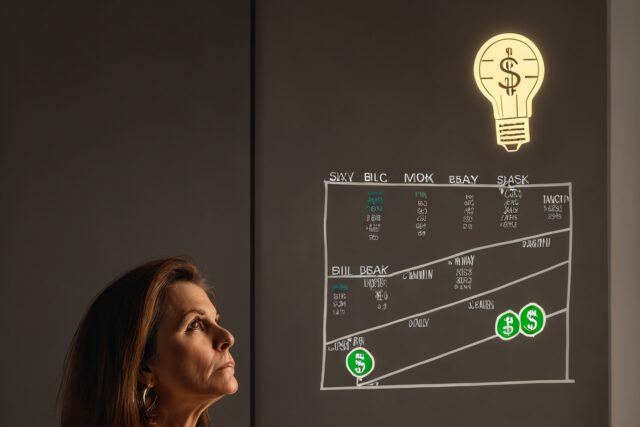With years of experience in finance and business administration, I’ve seen firsthand how impulsive spending can wreak havoc on financial stability. At first glance, a $5 coffee or a trendy gadget on sale might seem harmless. But when these unplanned purchases become a pattern, they quietly chip away at your financial foundation.
Impulse buying thrives on emotional reactions and clever marketing. Flashy discounts and one-click purchases make it easy to give in. Yet, what feels like a minor indulgence can snowball into significant financial strain. Consider this: spending $10 a day on unnecessary items adds up to over $3,600 a year. Multiply that over a few years, and you’ve missed out on thousands of dollars that could have gone toward savings, investments, or clearing debts.
The issue goes deeper than just the money spent. Impulse purchases often lead to regret when the excitement fades, and the item becomes another unused possession. Worse, if you rely on credit cards or “buy now, pay later” options, those small splurges can spiral into debt, with interest magnifying the cost over time. Breaking this cycle starts with awareness.
Before making a purchase, take a step back and ask yourself: Do I truly need this? Will it add lasting value to my life? Giving yourself even a short pause—say 24 hours—can help curb the urge to buy. You’ll often find the desire dissipates once the initial impulse wears off. Another powerful strategy is tracking your spending.
By understanding where your money goes, you can identify unnecessary expenses and redirect funds toward meaningful goals. Celebrate the small wins, like skipping a purchase or hitting a savings milestone—they all contribute to a stronger financial future.
Remember, financial freedom isn’t built in a day; it’s the result of consistent, thoughtful decisions. Each time you resist the pull of an impulse buy, you’re investing in a better future for yourself.


MOST COMMENTED
Business
Welcome to Abbie’s World!
Finance
Loans for Newcomers
Finance / Life Coach
Is It Too Soon to Retire? The Surprising Upsides of Early Retirement
Tourism
Psychology of Travelling